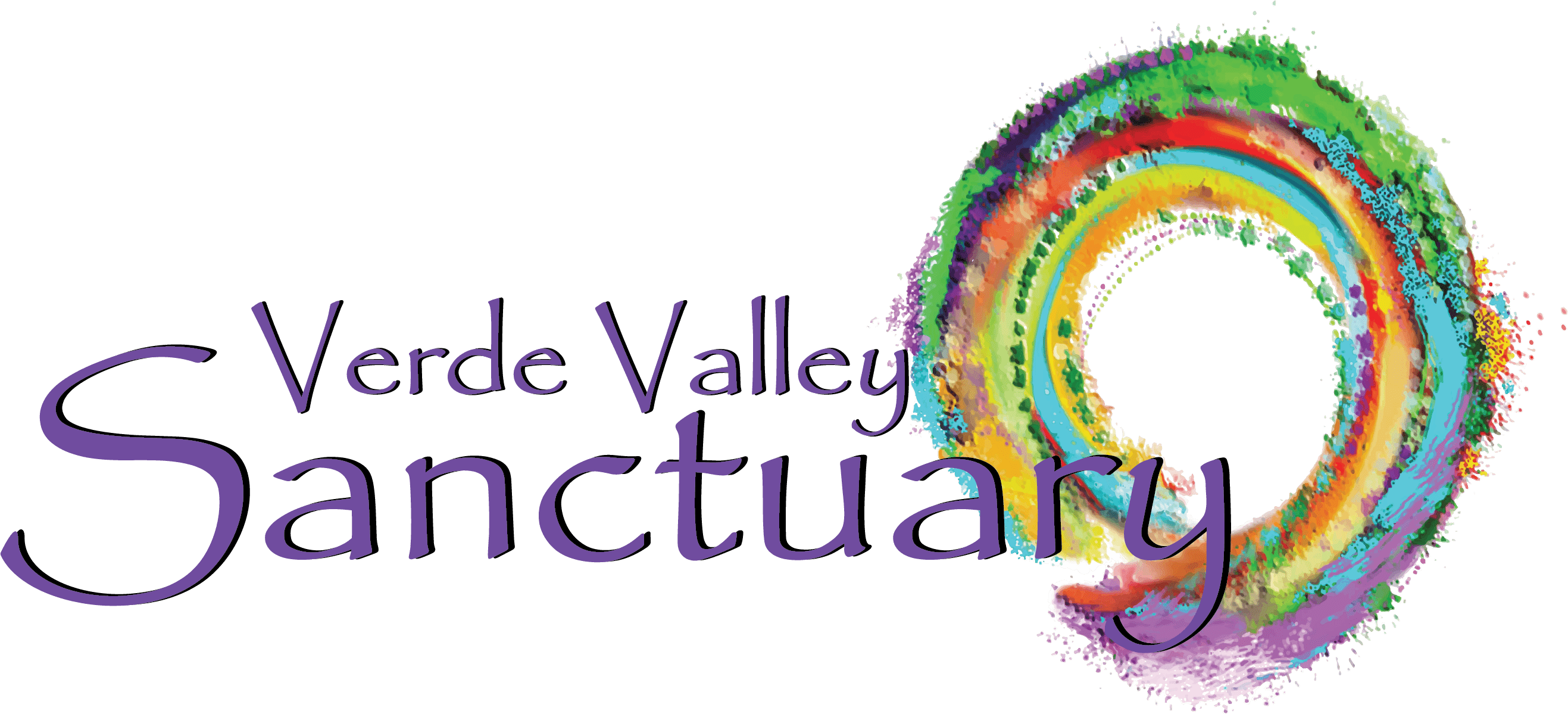
Over the course of the COVID-19 pandemic, we have seen a substantial rise in the incidence of domestic violence in the Verde Valley. Social distancing and other efforts to slow the spread of COVID-19 over the last year have escalated the risk of violence for survivors through more time spent at home, increased levels of household stress, and compromised access to advocacy and direct support systems.
Verde Valley Sanctuary (VVS) has been tracking occurrences of family violence since before the COVID-19 pandemic began. In our surrounding communities, domestic violence incidents increased as high as 138% with an increase in the severity of injuries as well, according to the VVS annual law enforcement survey. Domestic violence-related deaths in Arizona have increased 140% in 2021 compared to 2020. COVID-19 has had a significant impact on the lives of survivors, their children, and their pets.
“Survivor options for safety planning are greatly affected, as some abusers either lost jobs or are now working from home,” said Nicole Florisi, Executive Director of VVS. “The window of time survivors once used when their abuser was out of the home has essentially been removed during the pandemic.” This is unacceptable and requires all of us to work together to effect positive change.
As a community, we must come together to help mitigate the impacts of violence at any time, especially during these pandemic times. We, as community advocates, can support domestic violence survivors during COVID-19 and beyond.
First and foremost, it is important to establish a safe way to communicate. Ask them “How would you prefer we connect?” It is important to establish a safe communication channel since they will be, in many instances, physically close to the abuser who might be monitoring conversations. For instance, is there a specific platform or app they prefer to use? Would they prefer an instant message or text over a call? If communicating through text or chat, it may be helpful to remind them about erasing messages when the conversation is over.
What is most important is that they think through which communication method will be the least risky for them. And remember, what is safe for someone one day may be dangerous the next, so be sure to check back in each time to see if that method is still best for them.
Secondly, help your friend in finding the right channel to ask for support. It is probably safer for you to research and provide this information rather than them looking it up. Reach out to the VVS’s 24/7 Crisis Helpline (928) 634-2511. Make sure when you send support information, you are communicating it safely and using any agreed-upon code words or references and communication channels, to avoid raising suspicions.
If you have a friend, family member or co-worker in an abusive relationship, it can be difficult to know what to do and to say. A Friends and Family Guide, developed by the VVS, offers tips on how you can support a friend, colleague, or co-worker dealing with domestic abuse while also taking good care of yourself. For additional guidance, visit https://verdevalleysanctuary.org/dv-friends-family-guide.
Leaving an abusive relationship can be a dangerous endeavor in the best of times, but during times of global crisis, it becomes even more difficult. This is why it is important not to pressure someone to leave when they do not feel ready. Instead, let them know you are there for them, that you support them, and that you’ll be there to help them figure out the best strategies to get through this safely.
Free Domestic Violence Resources Available through Verde Valley Sanctuary
The VVS began 28 years ago as a grassroots organization of women who were concerned about domestic violence in our community. The original group of volunteers began taking crisis calls in their homes and transporting victims of abuse to the nearest shelters 50+ miles away in Flagstaff, Prescott, and Phoenix.
Thanks to generous donations from the community, VVS opened the first domestic violence shelter in the Verde Valley region in 1994 with a leased modular home that slept six. Since then, VVS has strategically expanded and now offers comprehensive services for victims of domestic violence, sexual assault, and human trafficking.
VVS’s mission is to enhance the safety of, and increase services for, survivors of sexual and domestic violence and end additional abuse through community education. VVS provides trauma-informed care for people of all ages, men, women, families, LGBTQ, BIPOC, individuals with disabilities, people experiencing addictions, as well as family pets who often fall victim to the abuser.
In the Fiscal Year 2020/2021, the VVS provided services to over 2,300 survivors of domestic violence, sexual assault, and human trafficking. VVS also provided prevention education to 207 youth.
Free Services
- 28-Bed Emergency Shelter 24/7/365: …………………….………..(928) 634-2511
- Legal Advocacy Center: …………………………………………………….(928) 639-2079
- Outreach Center: ……………………………………………………………..(928) 634-6255
- Youth Empowerment Services (YES) Program: ………………….(928) 634-6255
- Weekly Domestic Violence Support Groups: …………………….(928) 634-6255
- Crisis Helpline 24/7/365: ………………………………………………….(928) 634-2511
- Community Education: …………………………………………………….(928) 282-2755
For more information or to make a donation, contact Community Development Director Tracey McConnell at (928) 282-2755, development@verdevalleysanctuary.org, or visit the website
https:// verdevalleysanctuary.org.


